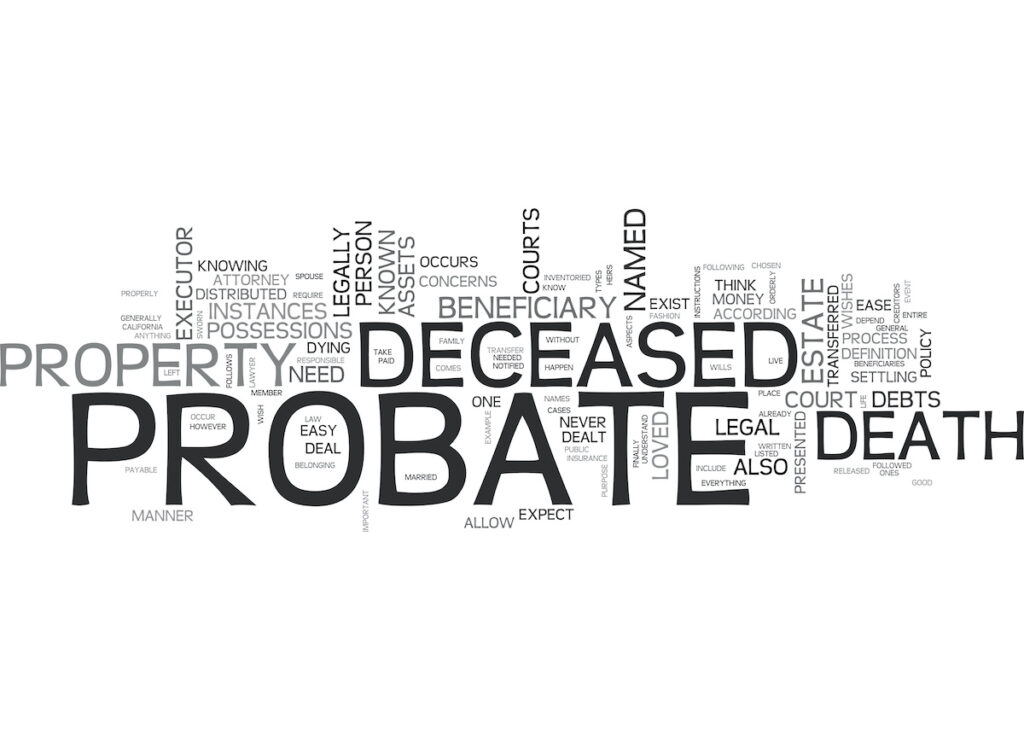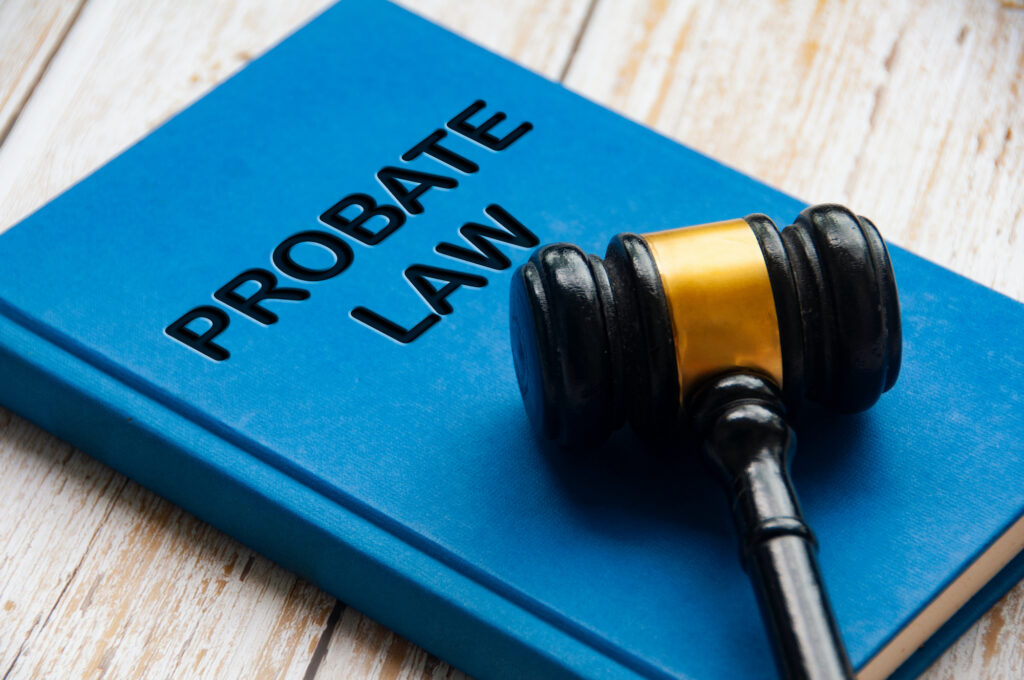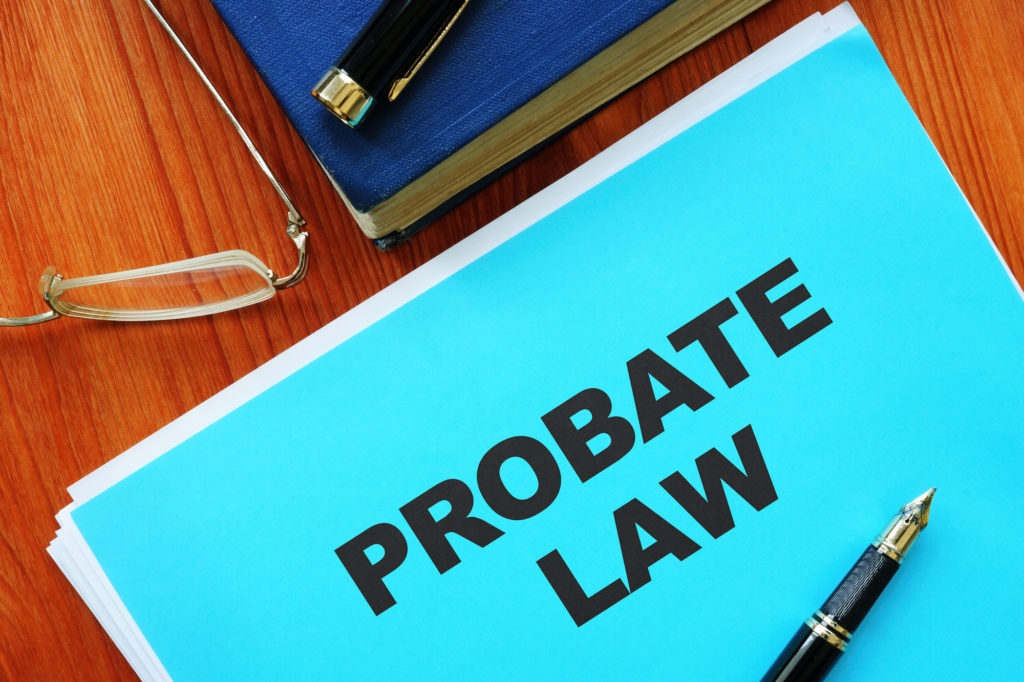When someone is unable to manage his or her own affairs – often due to illness or older age – family members may seek court intervention to appoint a conservator or guardian. The court-appointed individual makes financial decisions on behalf of the incapacitated person. The same person (or sometimes someone different, also appointed by the court) takes over control of everyday matters, including medical decisions. These living probate proceedings are public, time-consuming, and expensive.
Category Archives: Probate
It is essential to recognize that the probate system, originally designed to protect property when someone passes away, serves a valuable purpose. So, is there any redeeming value in probate? The answer is a resounding “Yes.” Let’s delve into the pros and cons of probate.
When one spouse is the “money person” in the relationship, it can create issues in both life and death. To avoid unnecessary stress, couples need to ensure that they are on the same page. For day-to-day finances, this can mean regular check-ins about charges, expenditures, and budgeting. About estate planning, couples should keep each other informed about the location of important documents such as the following:
In more recent years, states simplify probate procedures. For example, the Uniform Probate Code (UPC) consists of laws written by a group of national experts. As such, it helps to standardize and streamline probate. As a result, most states have adopted these standards. Across state lines, the probate process generally works more effectively.
Complex probate processes can be costly and take years to finalize, which is why many individuals retain an estate planning attorney to minimize probate proceedings.
The probate process is generally efficient in smaller estates but can become lengthy and complex in larger ones. States have varying probate codes, and many have informal and formal processes.
Normally, somebody in the will specifies an administrator (a person who oversees settling of the estate).
Failure to take the time to craft an estate plan could leave the state where you reside at the time of your death in the driver’s seat. Laws in most states set forth how to apportion property.
Many financial institutions allow account holders to sign documents that transfer funds immediately to another person upon the account holder’s death.
Most people prefer to keep this type of information private. So, the best way to ensure discreteness is to keep your estate out of probate.











